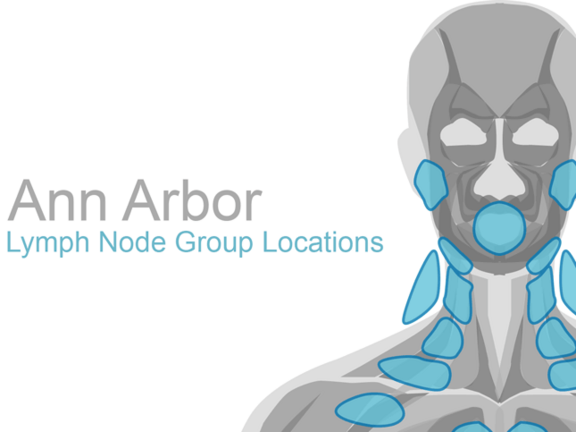mint Lesion™ 3.3 features a novel data and knowledge modelling core that enables you to customize read procedures and reporting templates – or design them easily yourself.
Among the new oncologic screening and staging guidelines, we introduce comprehensive support for ACR BI-RADS®, a refined PI-RADSv2 template, lymphoma staging following the Ann Arbor schema, PCI (Peritoneal Cancer Index) scoring, as well as TACE / HCC templates and transplantation eligibility assessment and documentation.
We have extended the interactive anatomic location maps and provide support for a more detailed classification of anatomic sites supporting standards like the RadLex® classification.



